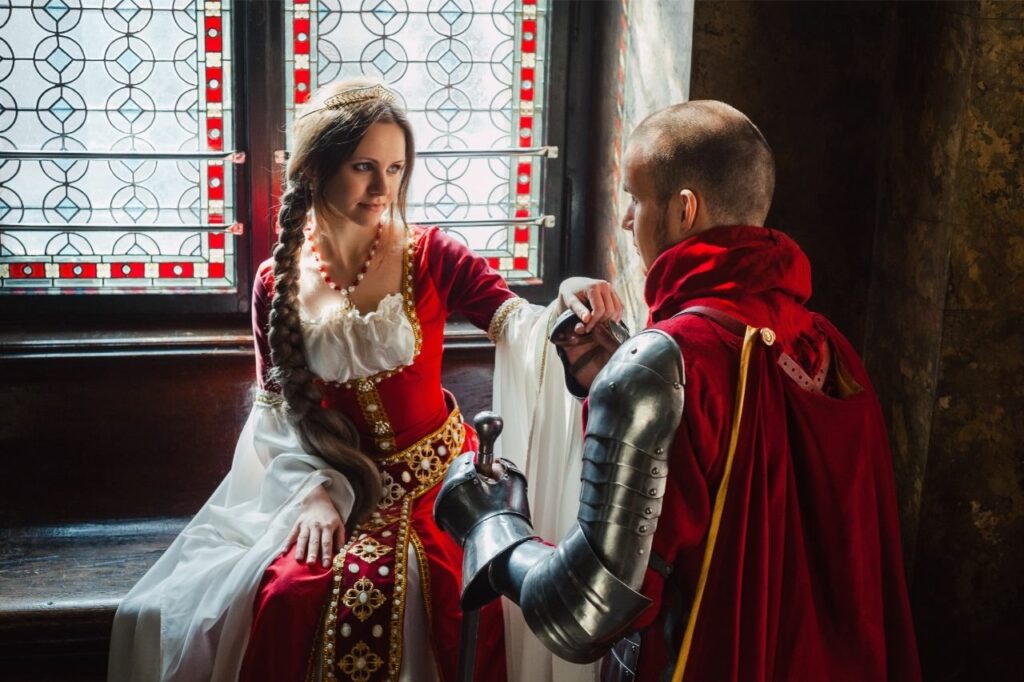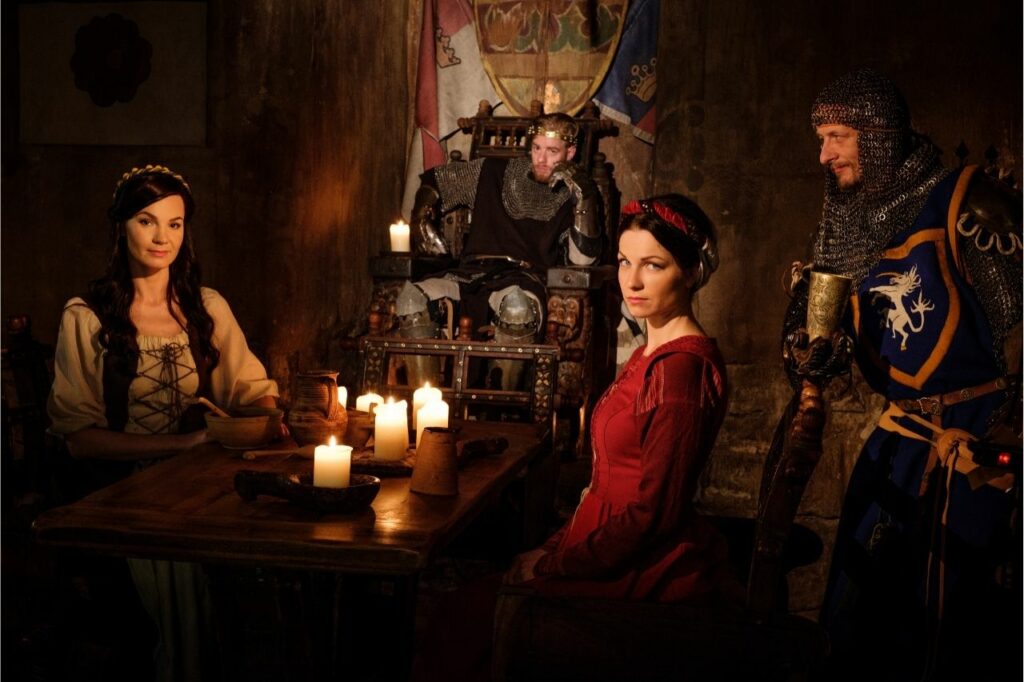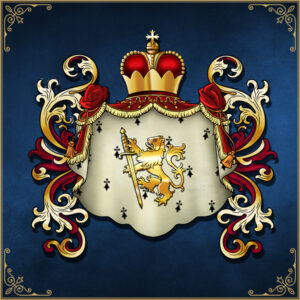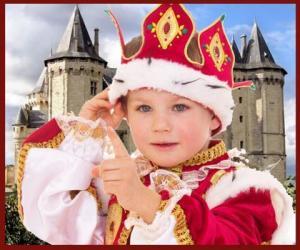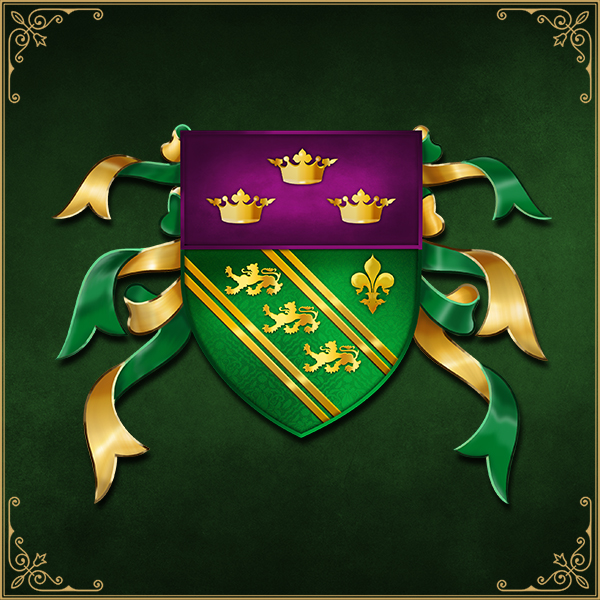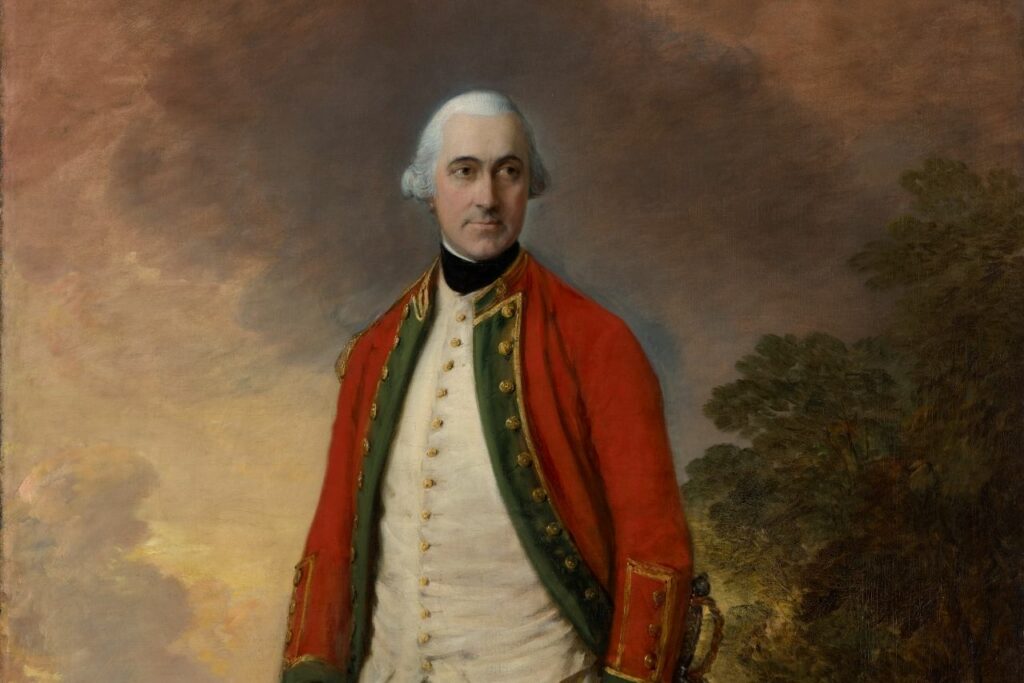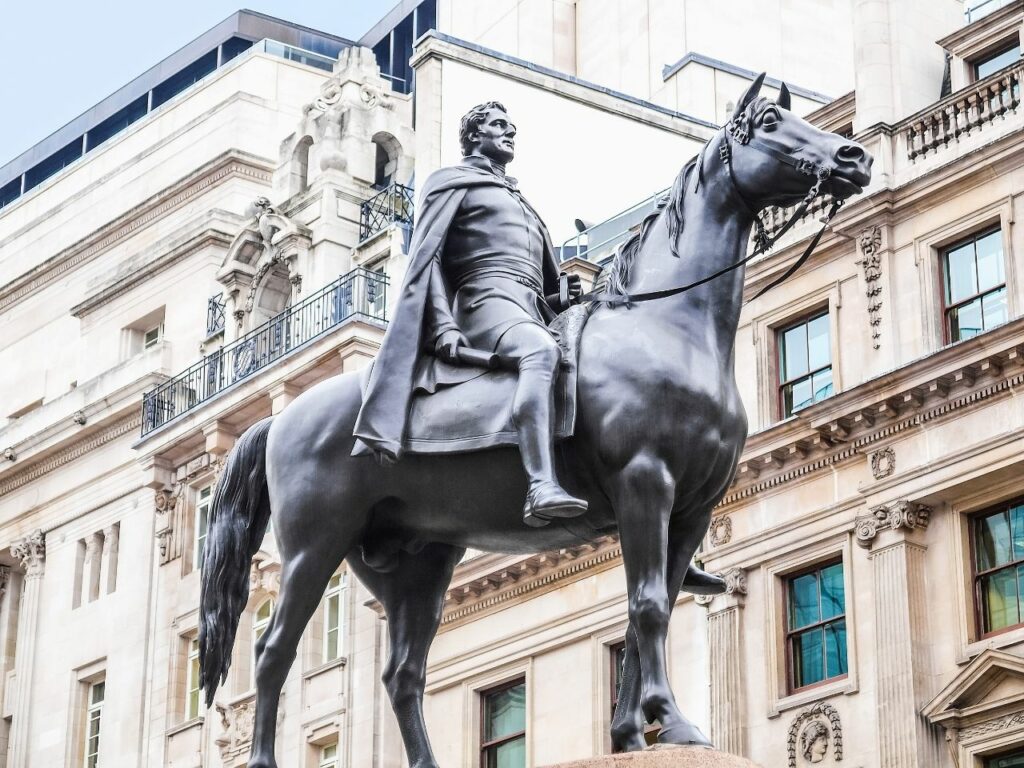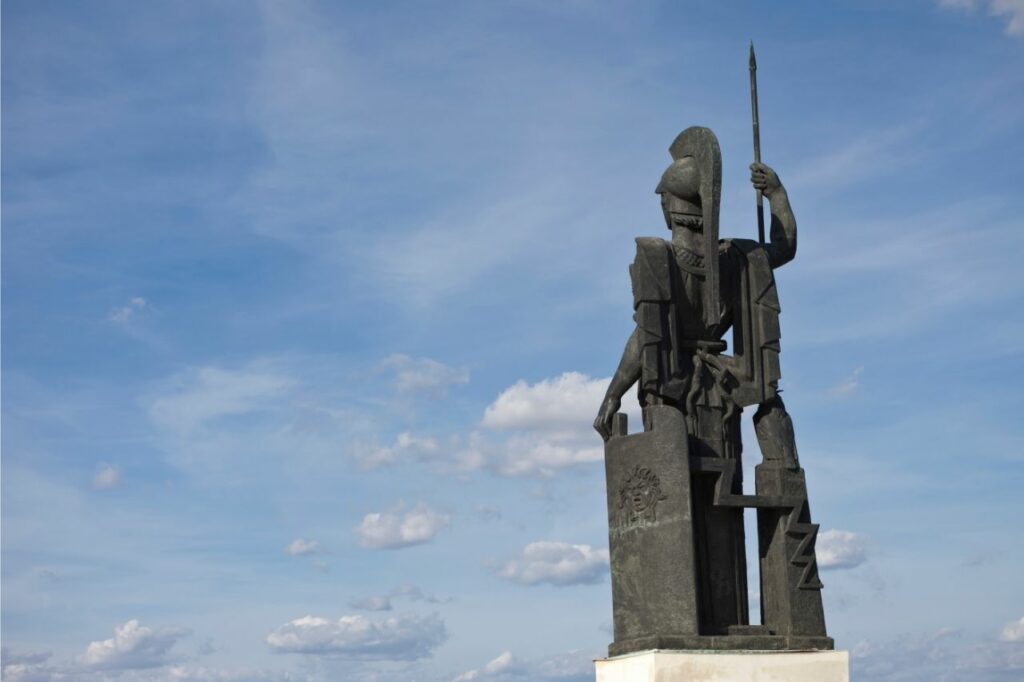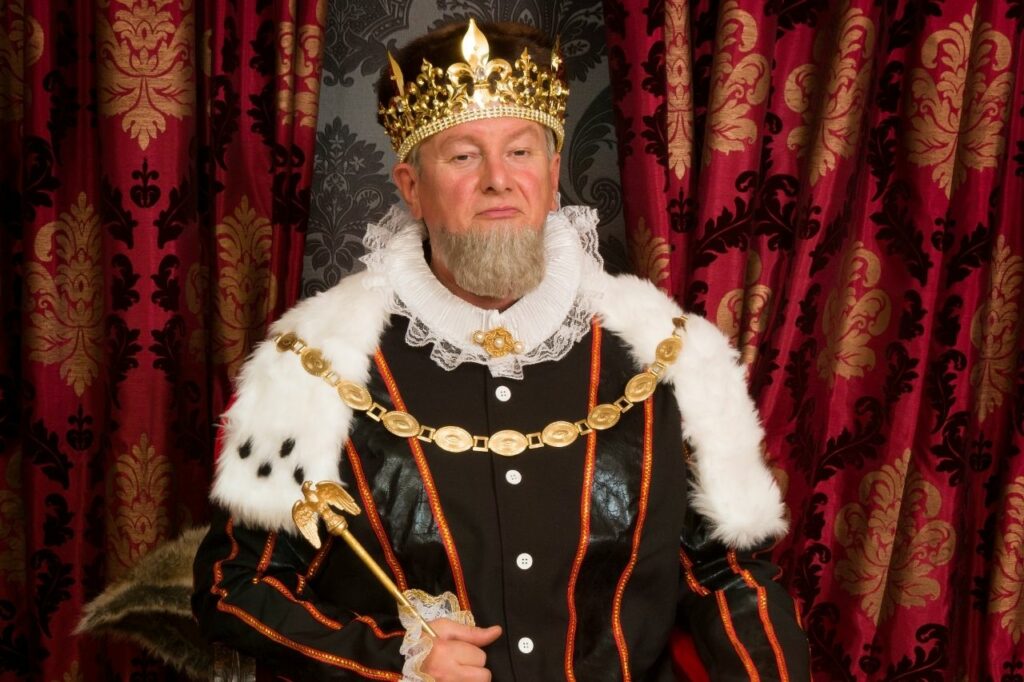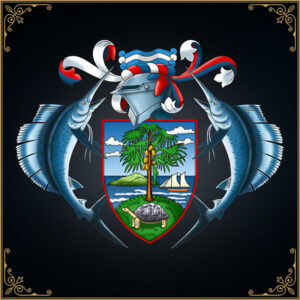It is not always possible to make clear statements about the historical significance and development of nobility. Nobility is usually regarded as a part of human history that existed in the early advanced civilizations and existed as a social phenomenon over time, for example, in ancient Egypt and Mesopotamia, the Chinese and Japanese dynasties, the Roman and late Roman empires, and finally in the Middle Ages and modern times. However, this has not been sufficiently proven.
Tacitus, for example, writes of a once prevalent time of equality of people and hereditary rule, which only came into being with the end of this period. Sometimes assumptions have to be made beyond that, because written sources are missing or insufficient. On the basis of archaeological finds such as rich grave furnishings of the so-called "princely tombs", for example, a higher position of a person can be concluded without a title of nobility having been handed down, and thus something can be said about social ruling structures.
However, the fact that titles of nobility are said to have existed in all pre-industrial societies is also disputed because the noble class is not always validly distinguished from other higher classes in records. The term "nobility" is therefore to be understood in a very heterogeneous way, and its definition depends on the specific time and place. Furthermore, it is not clear whether aristocracy in Europe can be considered as a prestige-based entity from the Roman Empire to World War II or as a social role that differs and changes in its content at different points in time.
As a rule, however, the nobility can be assumed to have an elevated and publicly more influential position in society, which is hereditary and thus family-dependent. This can include different types of responsibility such as military (knighthood) or political (official nobility). Land ownership also set the nobility apart from other, poorer classes, which in most cases were controlled by them.
The following were allocated to the social areas of responsibility noble children The nobility was extensively prepared in their education at a very early stage, since the nobility saw itself as the most suitable class in society for ruling, striving for the highest virtues. These were expressed in Europe predominantly in Christian ideals such as chivalry, but also just governance/enlightened absolutism.
Virtuous, unranked persons could also be elevated to the nobility by those of higher rank. Depending on the region and powers, therefore, not only the emperor but also kings or princes (as in the Holy Roman Empire) could confer the title of nobility on non-nobles. By God's grace the reigning monarch derived his claim to rule, which he inherited or was granted by election or trial. In addition, rule in various world religions was also legitimized by other things such as a supposed special connection to the gods (priestly nobility) or even holiness or deification of a dynast (royal salvation, god-king).



